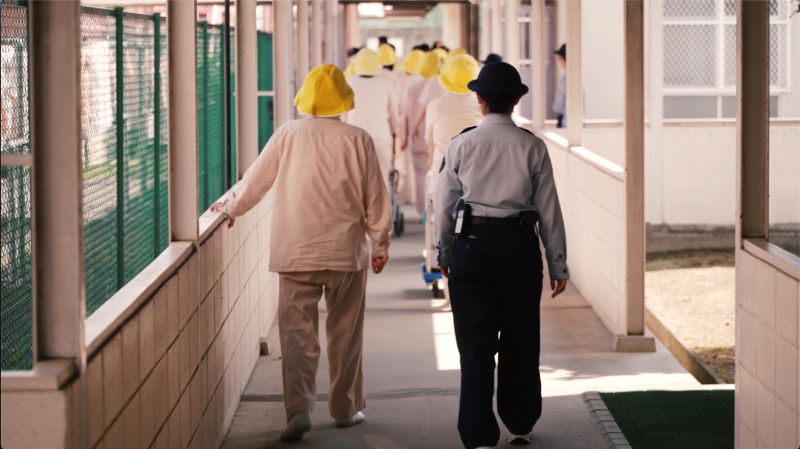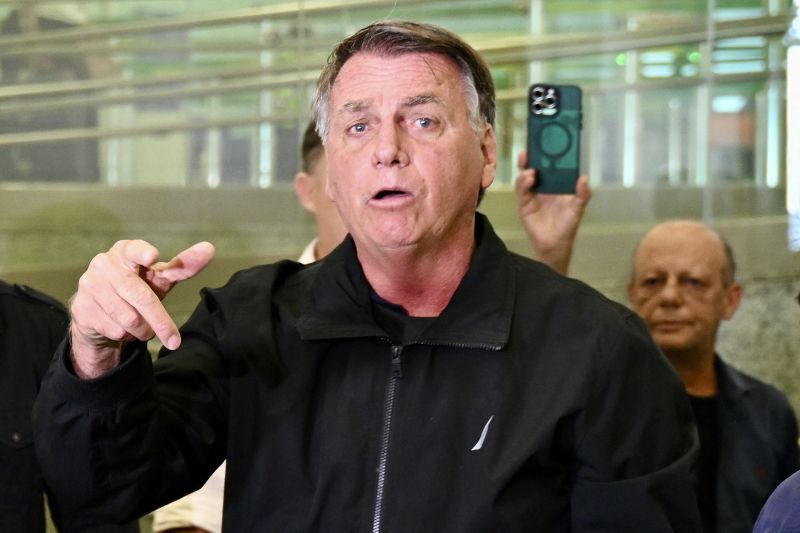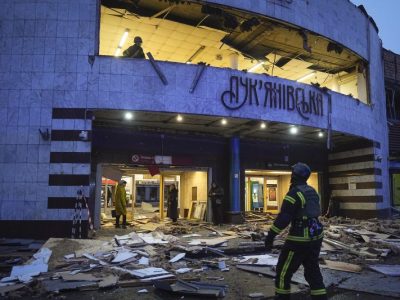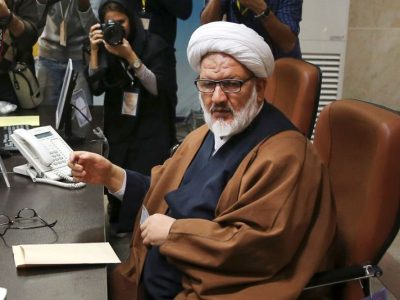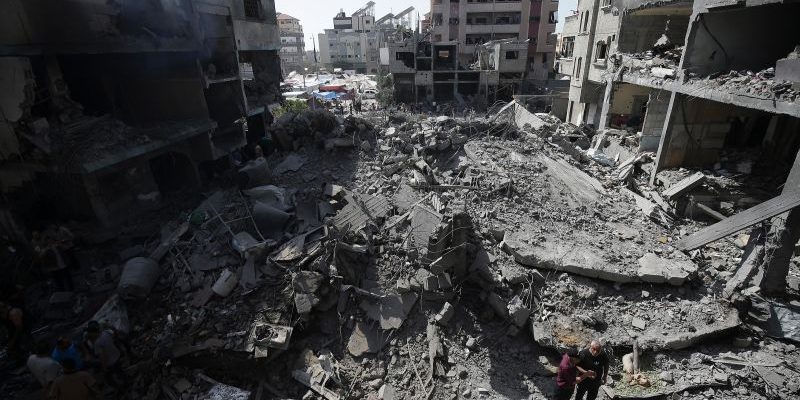
Hamas has become the latest party to the Gaza hostage and ceasefire negotiations to voice optimism about the prospects of reaching a deal, amid a flurry of diplomatic activity in the region.
In an official statement on Tuesday, Hamas said reaching an agreement was “possible.” A Hamas source also added that the talks were “positive and optimistic.”
Top US, Israeli, Qatari and Egyptian officials have all touted progress in the negotiations in recent days. While officials caution that a deal is neither sealed nor guaranteed, the upbeat language and recent diplomatic activity point to significant momentum toward reaching a deal.
Hamas also cautioned that hurdles remain, suggesting that Israel was “imposing new conditions” in the negotiations.
“The Islamic Resistance Movement Hamas affirms that in light of the serious and positive discussions taking place in Doha today, under the auspices of our Qatari and Egyptian brothers, reaching an agreement for a ceasefire and prisoner exchange is possible if the occupation stops imposing new conditions,” the organization said in a statement.
The terms of the deal are broadly the same as the proposal put forth by US President Joe Biden earlier this year, according to a diplomatic source familiar with the matter.
The three-phase Biden proposal in late May paired a release of hostages held in Gaza with a “full and complete ceasefire.” The first phase would last six weeks and include the “withdrawal of Israeli forces from all populated areas of Gaza” and the “release of a number of hostages, including women, the elderly, the wounded in exchange for the release of hundreds of Palestinian prisoners,” the US president had said.
“What has changed is that Israeli forces are likely to stay in Gaza temporarily,” when phase one of a deal starts, the diplomatic source said, namely in the strip of land on the Gaza-Egypt border, called the Philadelphi corridor, and in an area bisecting the strip, known as the Netzarim corridor.
Israel’s demand that its troops remain along the Philadelphi corridor – and Hamas’ insistence that they withdraw – was a key reason for the collapse of talks in August.
The optimistic language follows a slew of regional diplomatic activity, including a visit by US National Security Adviser Jake Sullivan to Israel, Egypt and Qatar last week.
“My goal will be to put us in a position to be able to close this deal this month,” Sullivan said last week, speaking after his meeting with Israeli Prime Minister Benjamin Netanyahu.
Brett McGurk, a top Middle East adviser to President Biden, remained in Doha with other US officials working toward a ceasefire in Gaza as US officials believe that a deal is closer than it has been.
McGurk had been traveling in the region with Sullivan and the fact that he stayed is a sign the administration feels positive momentum, but a deal is not expected imminently.
US and Israeli officials have said conditions have ripened for an agreement to be reached in the wake of the ceasefire between Israel and Hezbollah, which has further isolated Hamas in its battle against Israel.
Officials also point to the killing of Hamas leader Yahya Sinwar and other Israeli military achievements as giving the Israeli government the victories it has sought to achieve before reaching a ceasefire deal.
Since the October 7, 2023, attack on Israel, the death toll from Israeli military action in Gaza has risen to almost 45,000, with more than 106,000 people injured, according to the health ministry in the territory.
US President-elect Donald Trump has also impacted talks, nudging Netanyahu toward a deal and threatening that there would be “all hell to pay” if the hostages were not released by the time he took office. His incoming team has also coordinated closely with the Biden administration and made trips to the region to help secure a deal.
The longtime Israeli hostage negotiator Gershon Baskin cautioned that “there is no deal until there is a deal.”
“Hamas has been ready since September for a comprehensive deal to end the war, return all the hostages in exchange for Palestinian prisoners, and even agreed to give up control in Gaza,” said Baskin, who is not directly involved in the talks but remains a keen analyst. “What is brewing now, perhaps, is a major Egyptian-Qatari effort to reach a deal in stages.”
“Public anger against Hamas is erupting throughout Gaza,” he said. “At the same time, Hamas will not agree to release all the hostages if the IDF remains in Gaza, and even if there is a temporary ceasefire, it will not last if Israel intends to prevent the free movement of a million Gazans who want to return to their homes that no longer exist.”
The Israeli prime minister has also vowed that he will not end the war until Hamas is completely defeated in Gaza, raising the prospect of the war resuming once a number of hostages are released in the first phase of the agreement.

